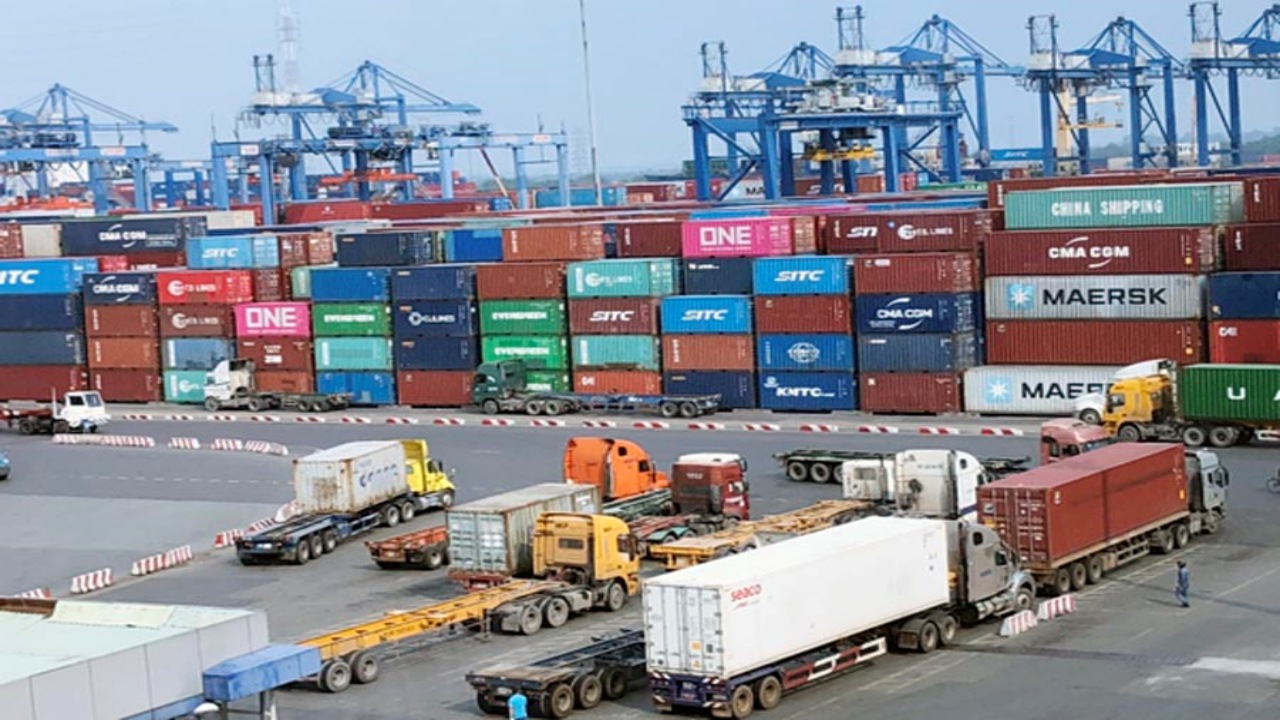HCMC – The Government should exercise caution against expansionary monetary and fiscal policies to ensure tapping Vietnam’s economic potential without fueling inflation in the medium and long terms, said Dr To Trung Thanh, head of the Scientific Management Office at the National Economics University.
The economy of Vietnam might face imported inflation as it has been deeply integrated into the world, experts said, adding the costs of raw materials, mainly imported from abroad, accounted for 37% of total production costs.
Inflation has stayed low since 2015 and is not yet cause for concern for now, but the risk of high inflation remains, Thanh said. Also, an upsurge in prices of fuels and raw materials could lead to cost-push inflation.
Monetary policy should be oriented toward cutting lending rates, rather than borrowing rates, given that inflationary pressure is rising and the economy has yet to reach its potential output, Thanh said.
Meanwhile, relief packages should be aimed at enterprises that could resist the impact of the Covid-19 pandemic and have positive spillover effects, thereby promoting production.
Francois Painchaud, an IMF Resident representative for Vietnam and Laos, proposed that Vietnam’s central bank properly regulate interest rates, credit growth and foreign exchange interventions to curb inflation.
According to Painchaud, apart from monetary policy, fiscal policy should be flexible, as they will play an important role if stagflation occurs.
Painchaud also said that the central bank should provide targeted fiscal support for vulnerable households and firms, address bad debt in the banking system, and monitor potential risks in the real estate market.









